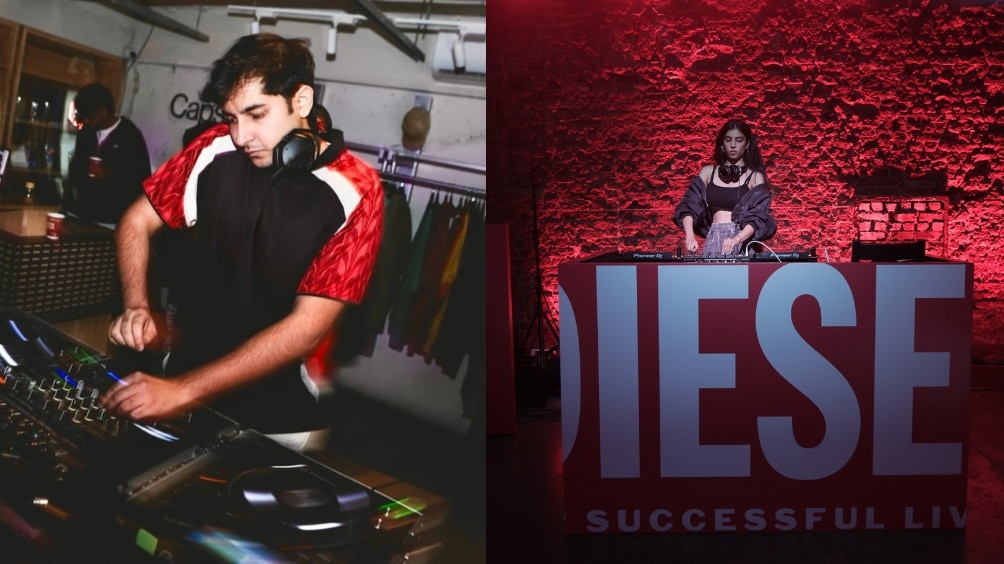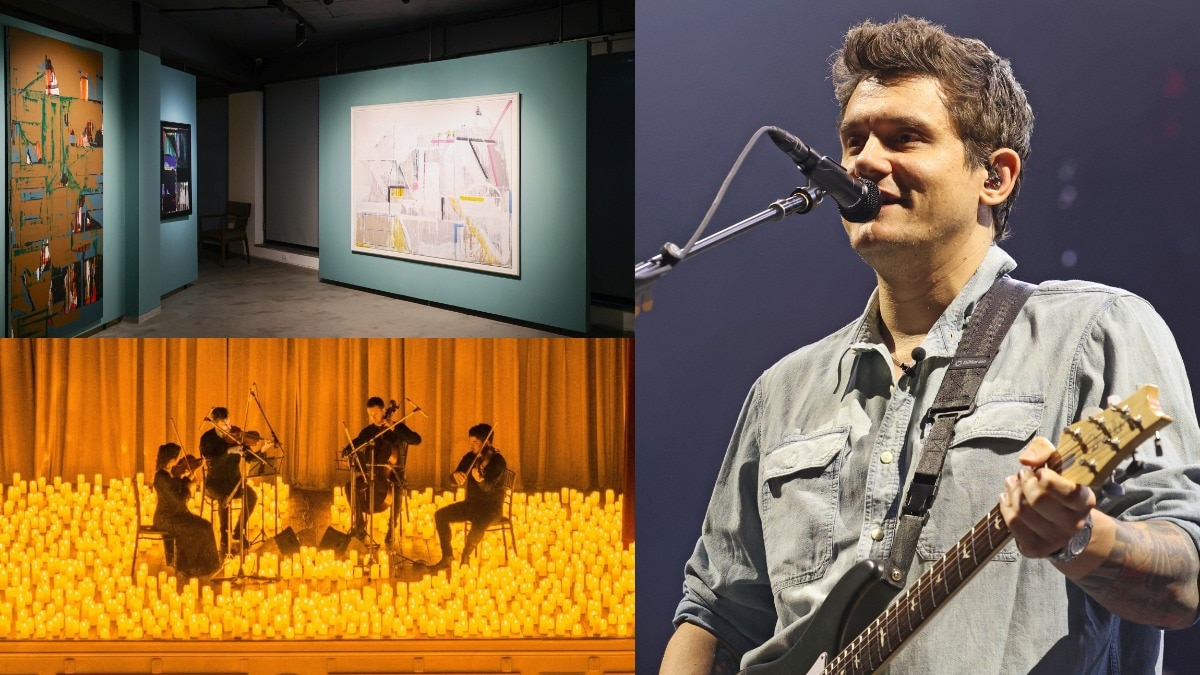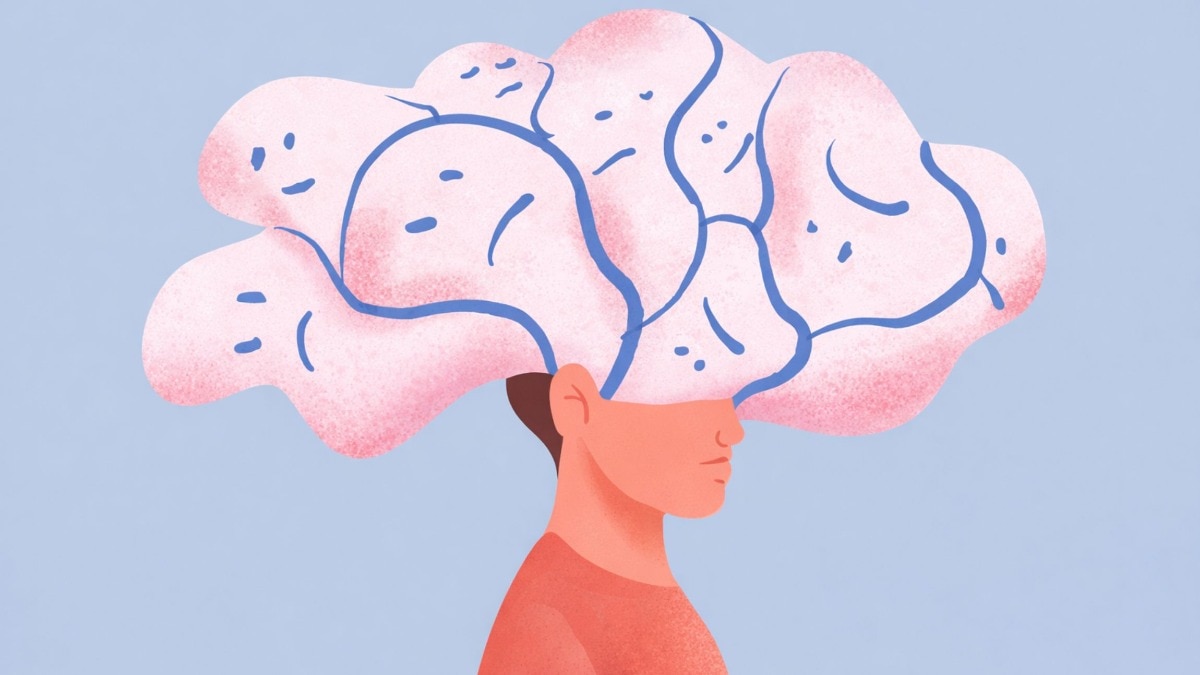
Maria Sharapova is now serving aces in the mental wellness space
The tennis star talks about mental recovery and wellness in a world excessively focused on physical fitness.


For 20 years, tennis fans watched Maria Sharapova defeat opponents on her way to five Grand Slam titles and more. Whether it was life on the court or off it, where she became a fashion and style icon in no time, it was her focus and the importance she gave to her mental and physical well-being that made her a name we all looked up to.
In an exclusive interview with Bazaar India, Sharapova talks about the many shifts she made in her career to optimise her performance, how she dealt with her ageing as a sportswoman, curating a training programme, and much more.

Sonal Ved: From your very first Grand Slam victory at Wimbledon in 2004, when you were just a 17-year-old, to the final leg of your career, when you had five Grand Slam titles, how much did your understanding of mental wellness and mindfulness change over the years?
Maria Sharapova: Throughout a long career, you make shifts, changes, and adjustments based on where you are and what you need. I think what you need as a teenager is not exactly what you need towards the end of your career. You have to be willing and open to making those changes and sacrifices, which is usually tough because you get used to things being a certain way. It's always good to train yourself to be ready to pivot; it eventually improves your mindfulness. I understood early on that in sports your graph can have its ups and downs, but you have to keep improving and being strong until the last match.
SV: Your career spans 19 years. For an athlete, how does ageing impact performance? What are some of the things about your mind and body that you have to accept with age?
MS: As you get older and your body has gone through many matches and training sessions, there is more emphasis on recovery. As I hit my late 20s and early 30s, I started focusing more on what's the best recovery for me—is it my alignment, my core strength, my breathing techniques? Those are the types of evaluations you go through as an athlete to try to improve.
SV: What are the long-term benefits of simple things such as warm-up and recovery, and what were some of your preferred ways to gear up before the game season?
MS: I believe in having a strong foundation in anything you do. You can’t go from zero to 100 in absolutely no time, especially when it involves using your mind and body. Both warm-up and recovery were a critical part of any training session for a match. How do you prepare yourself to play one match after another? Take an ice bath? Working with your trainer? Do stretches that are specific for your body type? Or just get in your Therabody Jet Boots for 45 minutes before going to sleep? These are the decisions that an athlete has to often make.
SV: With athletes pushing themselves to perform at the highest level, what are the fine margins between winning and losing?

MS: The margins are very slim, especially at the top. You can’t have a perfect match. You might have a few in your career, but not every single day. It’s about navigating the moments where things are not working as well as you expected and getting through them. You need to have a positive outlook and continue thinking about the next point and not getting too far ahead of yourself.
SV: How have the elite performance strategies helped you in your career? What optimised your life with regard to your career and family?
MS: There are many lessons, routines, and disciplines that I’ve drawn from the many years of playing and taken into the new chapter of my life. I have always focused on making sure that my body and mind are ready for the next challenge. The stronger your mind is, the stronger your body feels, the better you are, the more output you can give, the more confident you can be, and the more focus you have. I think in the current world of health and wellness, it is important to set time for yourself and make sure that you continue to work on being the best version of yourself.
SV: From a seeker to a mentor, you’ve taken a new turn in your life as an athlete. When you conduct training programmes, like with Amanpuri recently, each participant has varying fitness levels—how do you personalise their sessions?
MS: It is important to make sure that everyone going through this experience is not intimidated by a certain standard that we are expecting of them. When I am training, I make sure that during those days they create healthy habits and introduce them into their routines when they go back; that they think about and reflect on the lessons that they learned from the practitioners, from myself, as well as the challenges. We all have certain fitness aspirations and I want to help everyone try to reach theirs. Ultimately, it’s about ensuring that my mentees are comfortable and confident. A seamless schedule is set for them throughout the day—from food and workouts to breath sessions and recovery. In my recent appointment as Aman’s Global Wellness Ambassador, I will lead a wellness retreat focused on performance and recovery at the Amanpuri Resort in Phuket from February 21-24.
SV: What are some of the techniques that can be integrated into everyday life to achieve peak performance once your three-day programme is over?
MS: I think it's really important to carry the habits that you've created during a retreat, whether it is a wellness programme or an educational summit. I love taking notes and reflecting on the experience to really understand what impacted my view on my health, habits, and techniques that were applied during those days. I hope that going away somewhere, setting time, setting intentions, challenging the body, surprising oneself with what can be accomplished within those few days, and then carrying on that perspective and resilience into their everyday lives is something that they can take back with them.

SV: What is your number one goal for success?
MS: I think it's important to keep evolving. As we get more experienced and knowledgeable, we become more aware and understand what's important to us, what's meaningful, and who we rely on—and we have to build on that to continue being curious. There's not one specific thing that defines success for me; success most of the time is about the process. I think we always strive for instant gratification, but a huge part of that gratification is the process we all go through. Finding ways to stay motivated on that path is extremely important. Finding people that bring joy as well as finding activities and habits that make you happy, are all part of evolving and growing.
SV: What are some of the most important tips you can give budding young athletes?
MS: Stay true to who you are as you become more successful. The more successful you become, the more influences and opinions you have around you. It does sometimes weigh on you, and perhaps there are times when you allow others to navigate your path and your thoughts. I think during those times it's important to rely on your instincts and make your own decisions. Have help and believe in the people around you, but ultimately, be the driver of your career.
Also Read: 8 wellness resorts that are redefining luxury self-care










